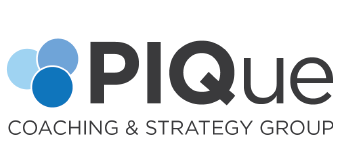Every day, leaders and organizations must contend with and respond to unforeseeable challenges — whether they be cultural, environmental, institutional, societal or personal. These can be sources of stress and resistance between leaders and their teams. If the stress is not managed right, it can result in a degradation of trust and damaged engagement, performance and retention.
In times like these, leaders must lean into the collective wisdom of their team and organization. Leaders must unlearn the “tell them what to do” approach and adopt the mindset that “leaders build leaders.” One of the most powerful ways to do this is by incorporating coaching skills into leadership.
How Coaching Empowers Leaders
In recent years, coaching has become an essential resource for leaders. When leaders learn coaching skills — especially in a Co-Active paradigm — they learn that they are responsible for their world. This means they have the natural ability to respond to whatever is happening in their environment in conscious and constructive ways. Leaders who willingly accept responsibility inspire others to do the same.
As a result of coaching, leaders experience a heightened sense of self-awareness. They recognize old perspectives that no longer serve them. They are more in tune with their core values, emotions, and reactive behaviors. They also begin to recognize the impact they have on others. This gives leaders new perspectives they can choose from, instead of reacting to situations in habitual ways.



 Credit: The Huntington Library, Art Museum, and Botanical Gardens, California
Credit: The Huntington Library, Art Museum, and Botanical Gardens, California